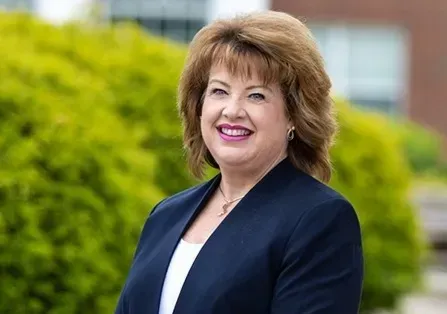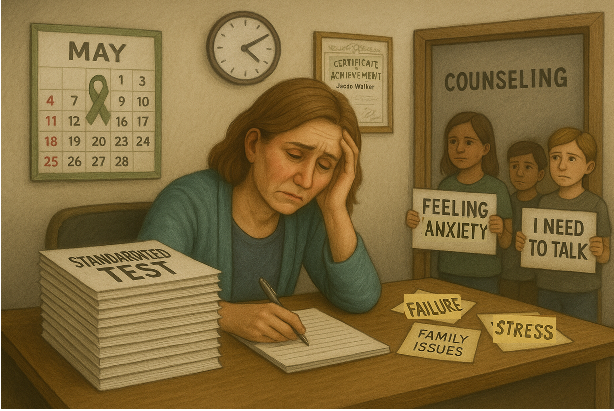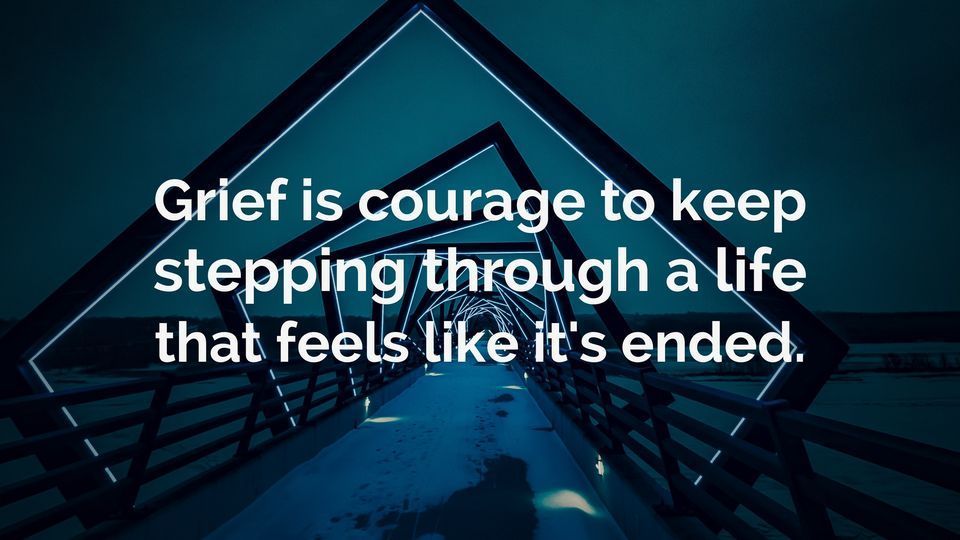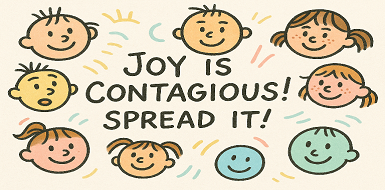High-Stakes Testing vs. Student Well-Being
A School Counselor’s Perspective
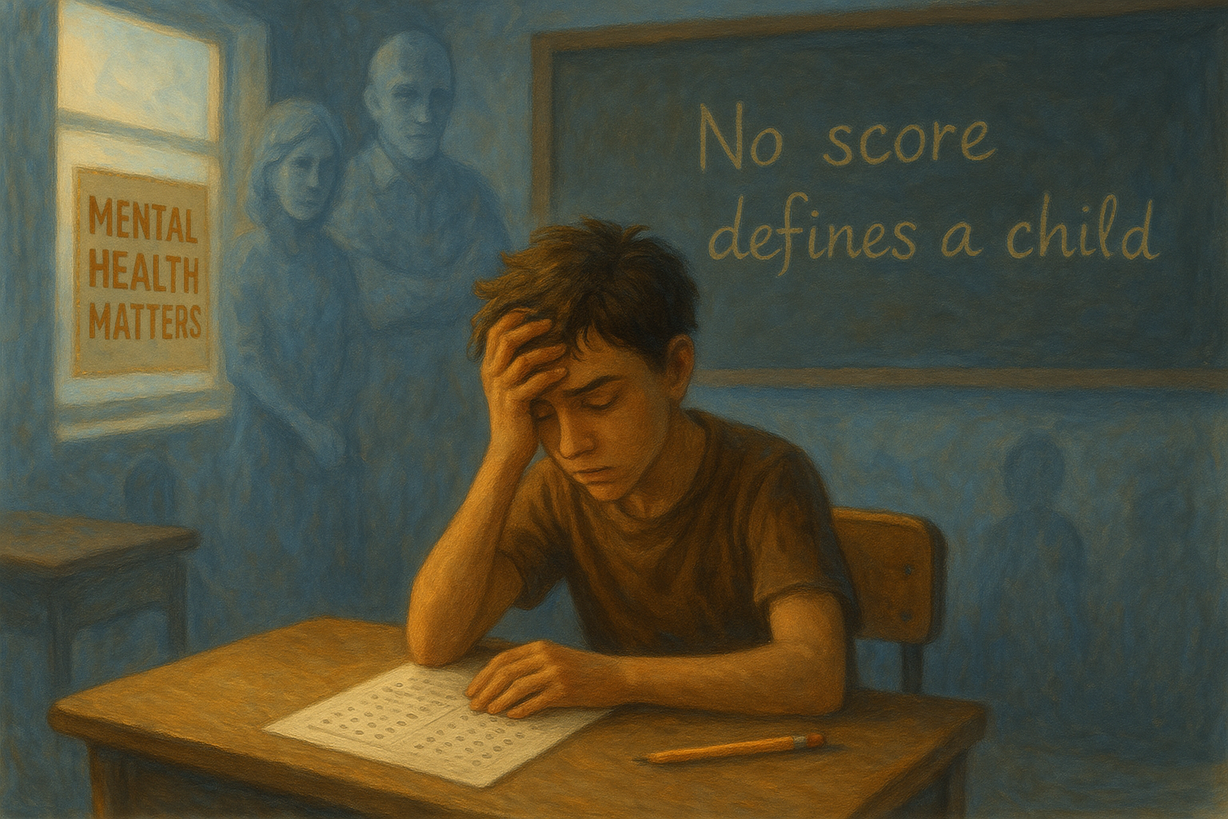
Every spring, as the pressure of high-stakes testing sweeps through our schools, students brace themselves for hours of bubbling answers, timed silence, and heightened stress. As a school counselor, I witness this impact up close. Behind the rows of number two pencils and sealed test booklets, there are students struggling—not just with questions on a page, but with anxiety, self-doubt, and burnout.
The question we must ask is simple: Are these tests helping our students—or harming them?
🚨 What Testing Often Costs
1. Mental Health and Well-Being
For many students, the stress of standardized testing is more than discomfort — it’s debilitating. I've seen students break down in tears, report panic attacks, and even stay home to avoid test days. For those already facing mental health challenges, these pressures only deepen the struggle. Let’s be clear: No test is more important than your child’s mental health.
No score is worth undermining a student’s self-worth, peace of mind, or sense of safety at school.
2. A One-Size-Fits-All Measure
Standardized tests reduce learning to a number, often ignoring creativity, critical thinking, cultural knowledge, and social-emotional skills. For multilingual learners, neurodivergent students, and hands-on thinkers, the format alone is a barrier.
3. Disruption of Support Systems
Perhaps the most painful irony for us in student services is that during testing season, the very people trained to help students cope — counselors — are pulled away to serve as testing coordinators. When mental health support is most needed, it’s least available.
✅ But What About the Data?
Testing advocates often point to the need for data to inform instruction and measure progress. That’s valid, but it doesn’t require high-stakes tests.
Well-trained professional teachers regularly create meaningful assessments tailored to their students’ learning. These classroom-based evaluations:
- Offer real-time feedback,
- Reflect a broader scope of learning, and
- Can be just as effective in identifying gaps and guiding instruction, without the emotional cost.
Let’s trust the professionals who know our students best — our teachers.
🌱 A Better Way Forward
The goal should never be to eliminate assessment entirely. The goal is to assess responsibly and humanely. We need:
- Multiple measures of success, not just standardized test scores.
- Mental health protections during testing windows—counselors, calming spaces, and flexibility.
- A cultural shift in schools that honors growth, effort, and resilience over performance under pressure.
Our students are not numbers. They are thinkers, creators, friends, helpers, and dreamers. No score can define them.
Let’s refocus our schools on what matters most: learning that lasts, and mental health that sustains it.
I am a school counselor turned counselor educator, professor, and author helping educators and parents to build social, emotional, and academic growth in ALL kids! The school counseling blog delivers both advocacy as well as strategies to help you deliver your best school counseling program.

I'm a mother, grandmother, professor, author, and wife (I'll always be his). Until October 20, 2020, I lived with my husband, Robert (Bob) Rose, in Louisville, Ky. On that awful day of October 20,2020, my life profoundly changed, when this amazing man went on to be with Jesus. After Bob moved to Heaven, I embraced my love of writing as an outlet for grief. Hence, the Grief Blog is my attempt to share what I learned as a Counselor in education with what I am learning through this experience of walking this earth without him. My mission is to move forward with my own healing as well as to help others in grief move forward to see joy beyond this most painful time.
